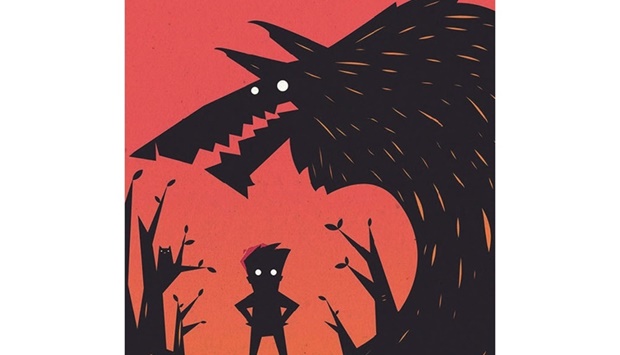The Qatar Philharmonic Orchestra will be holding a concert, titled “Peter and the Wolf”, at the Hamilton International School Theatre, Mesaimeer, on September 16, highlighting one of the most popular works of renowned Russian composer Sergei Prokofiev.
Composed in 1936, the story of Peter and the Wolf is told by a narrator, with the orchestra musically illustrating the events that unfold.
The performance will be conducted by Giovanni Pasini and narrated by Christoph Schmitz.
Prokofiev, born in Sontsovska (Ukraine) on April 23, 1891, received his first musical lessons from his pianist mother. At age six he started writing small piano pieces and by age nine he wrote The Giant, an opera for children soon to be followed by three other operas.
In 1904 Prokofiev joined the Saint Petersburg Conservatory to continue his pianistic training and to study composition with Nikolai Rimsky-Korsakov. A pianist prodigy, his piano playing was characterised by power and ardour, by a strong articulation and an art at hammering the chords.
He became acclaimed as composer and pianist in the worlds of pre-revolutionary Russia and later under the Stalinist Soviet Union. After several travels around Europe, the composer immigrated to the US.
In 1920, his opera The Love for Three Oranges premiered in Chicago. He returned to Russia in 1932. Prokofiev’s major compositions include his seven symphonies and more particularly the three war symphonies written between 1939 and 1943, his five piano concertos and his Toccata.
His most popular pieces such as Peter and the Wolf (1934), the ballets Romeo and Juliet (1938) and Cinderella (1944), the opera War and Peace (1952), the powerful Fifth Symphony (1944), the March from The Love for Three Oranges (1920) and the suite Lieutenant Kijé (1933) are not piano works.
But his about 30 opus works for the piano are not less important. Beside many other works, he composed a cycle of five thrilling piano concertos and nine completed piano sonatas. His style combines harmony—sometimes dissonance—with polyphony and rhythmic drive.
The best word to label his compositions is “originality.” Built of violent contrasts and animated with vivid sensitivity and profound sense of melody, Prokofiev’s music stands among the best productions of the first half of the twentieth century.
The performance will be conducted by Giovanni Pasini and narrated by Christoph Schmitz.
Prokofiev, born in Sontsovska (Ukraine) on April 23, 1891, received his first musical lessons from his pianist mother. At age six he started writing small piano pieces and by age nine he wrote The Giant, an opera for children soon to be followed by three other operas.
In 1904 Prokofiev joined the Saint Petersburg Conservatory to continue his pianistic training and to study composition with Nikolai Rimsky-Korsakov. A pianist prodigy, his piano playing was characterised by power and ardour, by a strong articulation and an art at hammering the chords.
He became acclaimed as composer and pianist in the worlds of pre-revolutionary Russia and later under the Stalinist Soviet Union. After several travels around Europe, the composer immigrated to the US.
In 1920, his opera The Love for Three Oranges premiered in Chicago. He returned to Russia in 1932. Prokofiev’s major compositions include his seven symphonies and more particularly the three war symphonies written between 1939 and 1943, his five piano concertos and his Toccata.
His most popular pieces such as Peter and the Wolf (1934), the ballets Romeo and Juliet (1938) and Cinderella (1944), the opera War and Peace (1952), the powerful Fifth Symphony (1944), the March from The Love for Three Oranges (1920) and the suite Lieutenant Kijé (1933) are not piano works.
But his about 30 opus works for the piano are not less important. Beside many other works, he composed a cycle of five thrilling piano concertos and nine completed piano sonatas. His style combines harmony—sometimes dissonance—with polyphony and rhythmic drive.
The best word to label his compositions is “originality.” Built of violent contrasts and animated with vivid sensitivity and profound sense of melody, Prokofiev’s music stands among the best productions of the first half of the twentieth century.

